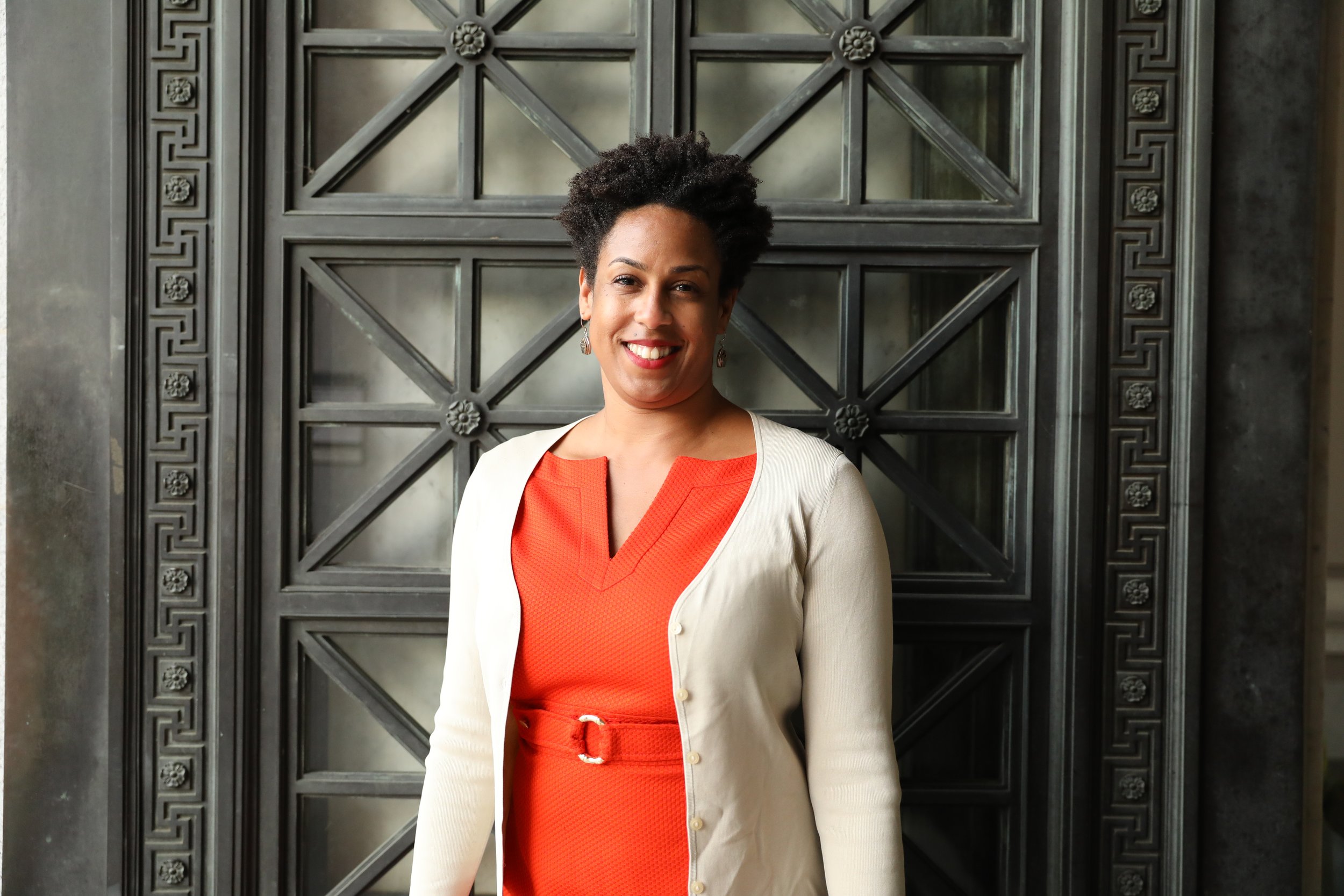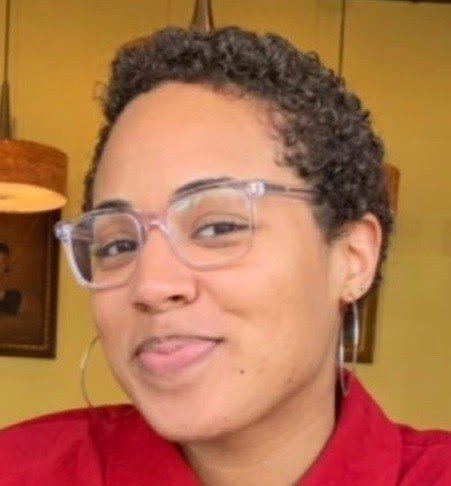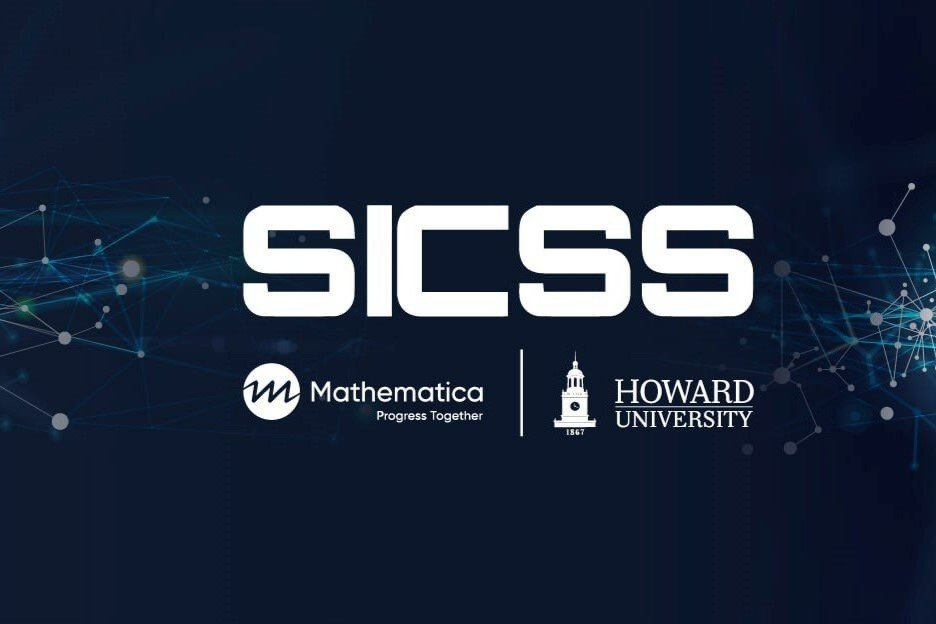Uncovering new keys to countering anti-Black racism and inequity using computational social science
By Naniette H. Coleman and Amanda Lee.
The depth of knowledge and appreciation for computational social science (a marriage of social science and data science with a bit of computer science) is having a moment right now. Courses and programs seem to be sprouting up all over but the Summer Institute in Computational Social Science hosted by Howard University and sponsored by Mathematica (SICSS-Howard/Mathematica) is the first in the United States with a focus on the seeding and growth of this critical and salient toolkit in underrepresented communities, specifically the Black community.
Since 2017, the Summer Institute in Computational Social Science (SICSS) has been a leader in this space, bringing together social scientists and data scientists for a free intensive two-week program that trains participants in computational social science methods. SICSS is an instructional and interactive program, and involves lectures, group problem sets, and participant-led research projects. There are also outside speakers who conduct computational social science research in a variety of settings, such as academia, industry, and government. Topics covered include text as data, website scraping, digital field experiments, machine learning, and ethics. The disciplinary barrier-breaking program was created by two Sociology professors, Matt Salganik (Princeton) and Chris Bail (Duke), and since its founding has grown to include partner locations all around the world.
SICSS-Howard/Mathematica organizer Naniette Coleman
Akira Bell
Calvin Hadley
Enter Calvin Hadley (Senior Advisor for Strategic Initiatives, Howard University), Akira Bell (Senior Vice President, Mathematica), and Naniette H. Coleman (Sociology PhD candidate at the University of California Berkeley and alumna of SICSS-Princeton 2019) and SICSS-Howard/Mathematica was born. Unbeknownst to all of them, they were all having the same ideas and the same conversations with Matt Salganik (SICSS Co-Founder), in the summer of 2019 at basically the same time. The work it would take to get it from idea to reality has taken longer than they all hoped (the best-laid plans met COVID-19 in 2020 and the in-person event was canceled) but they persevered and in 2021 they will jointly found the first SICSS hosted by a Historically Black College and University (HBCU) after two years of committed planning.
“For computational social science to positively impact communities of color, it has to be accessible and welcoming to researchers of color,” says SICSS-Howard/Mathematica Lead Organizer Naniette Coleman. “Sixty years after the development of early computational social science methods, it is time to carve out a niche for us, by us, and grow a community and continue to push methodological inquiry further to include us and our existence all the way down to its foundation. Thankfully the SICSS model provides an excellent platform on which to build.
Because diversification of the field and its work will not happen on its own or overnight we are intentionally creating an environment where data scientists and social scientists of color are witnessed, celebrated, and supported in ways that foster a sense of belonging. Howard University and Mathematica are building something here that will positively affect our shared future.”
Chris Bail
Matt Salganik
SICSS-Howard/Mathematica will take place from June 14, 2021, to June 25, 2021, and is uniquely positioned to highlight innovative methods to conduct social research on topics of pertinence to underrepresented communities using real-world data. Participants who share a drive to use computer science, data analytics, and evidence to improve public well-being within underrepresented communities will benefit from the opportunities and resources that are unique to SICSS-Howard/Mathematica given its presence at Howard University, the generous support and deep engagement of Mathematica, and its (virtual) presence in the nation’s capital at this critical juncture in history.
SICSS-Howard/Mathematica will have a topical focus on countering anti-Black racism and inequity and the program will focus on helping participants build the tools to accomplish this. We believe that modern social scientists and data scientists must be equipped with the skills for the exercise of their intellectual craft, yes, and these tools which are the bread and butter for data scientists are VERY cool, but they also need a grounding in the history and the reality of the issues as well which are praxis to social scientists. The marriage is pertinent and critical. To do this work well it is also important to empower the next generation of more diverse voices that have not been heard previously, hand them the mic and bring them to the forefront. Championing a more diverse computational social science is crucial in a world where this research leads to the development of policies that can directly impact Black, Indigenous, and People of Color, and SICSS-Howard/Mathematica wants to help guide those efforts. One hopeful outcome of this institute is to build an ecosystem of computational social science for civic good across HBCUs, but the possibilities are endless.
The application for SICSS-Howard/Mathematica is now open! We hope you will apply! You can also learn more about our partner site by liking us on Facebook, following us on Twitter, and joining our email list!
About
Naniette H. Coleman is a PhD candidate in the Sociology Department at the University of California, Berkeley. Her work sits at the intersection of the sociology of culture and organizations and focuses on cybersecurity, surveillance, and privacy in the US context. Specifically, Naniette’s research examines how organizations assess risk, make decisions, and respond to data breaches and organizational compliance with state, federal, and international privacy laws. Naniette holds a Master of Public Administration with a specialization in Democracy, Politics, and Institutions from the Harvard Kennedy School of Government, and both an M.A. in Economics and a B.A. in Communication from the University at Buffalo, SUNY. A non-traditional student, Naniette’s prior professional experience includes local, state, and federal service, as well as work for two international organizations, and two universities. Naniette is also passionate about the arts.
Amanda Lee received her Bachelor of Arts in Africana Studies and minor in Health & Society from Wellesley College. Alongside working as a certified ophthalmic assistant at Johns Hopkins’ Wilmer Eye Institute, Amanda is serving as an Event and Communications Assistant for SICSS-Howard/Mathematica 2021. She is also studying software engineering (in her free time) with ambitions to apply it to her social science interests.



















